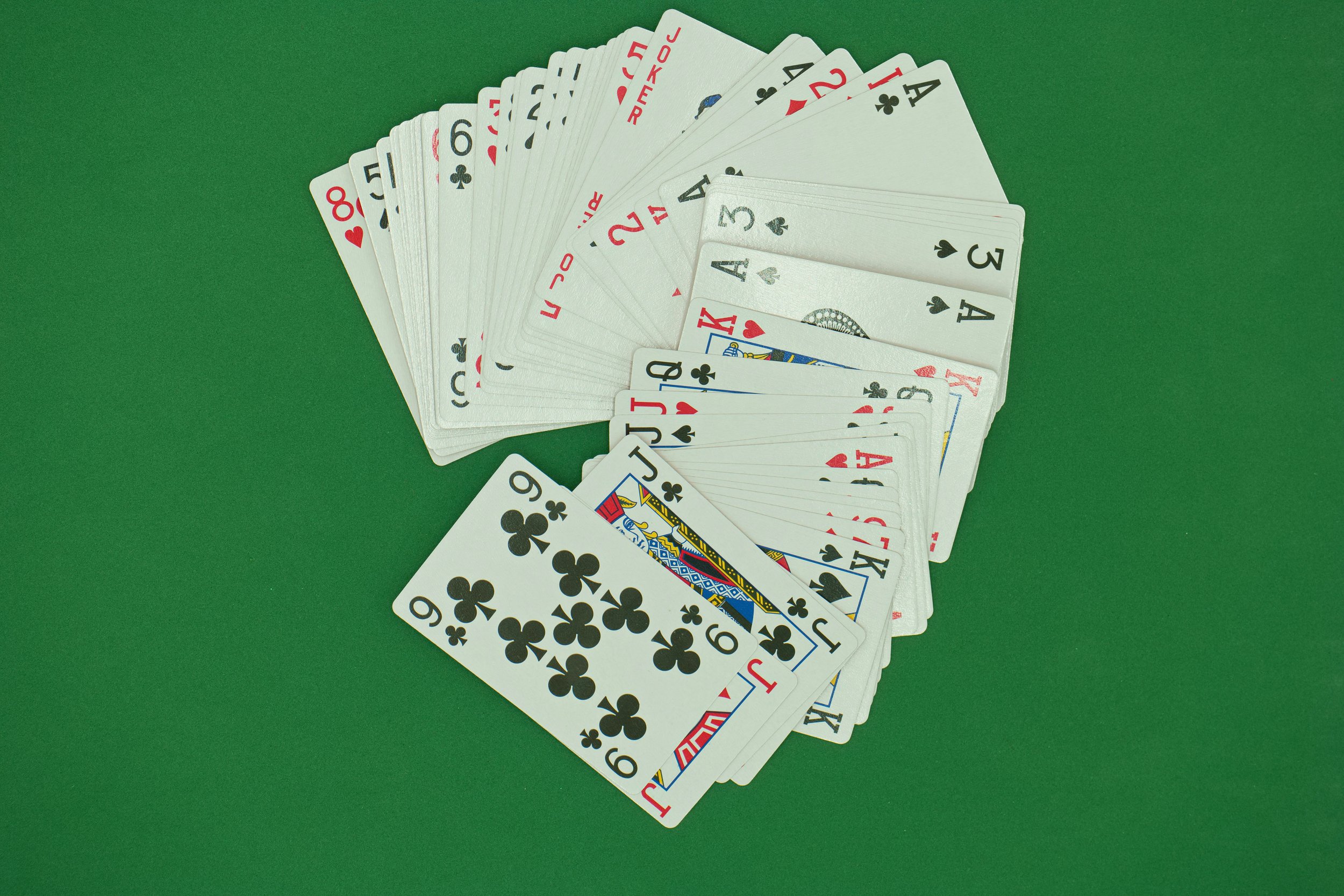What Freecell Can Teach Us About Character Arcs And Patience
In an era defined by speed—instant gratification, one-click purchases, and bite-sized entertainment—it’s easy to forget the value of deliberate thought and quiet resilience. But sometimes, wisdom arrives from the most unexpected places. One such unlikely teacher is Freecell, a seemingly simple digital card game that, on closer inspection, reveals profound truths about personal growth, patience, and the human journey.
The Structure Behind the Shuffle
Freecell’s design is unique among Solitaire variants. While the cards are shuffled and laid out randomly, the vast majority of games are solvable. This subtle truth is vital: life, like Freecell, often appears chaotic at first glance. We start with the hand we're dealt, faced with what seems like insurmountable obstacles. But with observation, planning, and perseverance, solutions emerge—one card at a time.
In Freecell, success demands attention to detail, a methodical approach, and trust in the process. Similarly, in a character arc—whether in fiction or in real life—the protagonist doesn't achieve transformation through shortcuts. Growth happens slowly, with each decision building on the last. The game becomes a quiet metaphor for the long haul of personal evolution.
Patience Isn’t Passive—It’s Strategic
There’s a common misconception that patience means waiting without action. But in Freecell, patience is anything but idle. Every move requires anticipation of the next three or four steps. Every decision is an investment in the future. The player must resist the urge to make flashy plays in favor of measured progress.
This lesson translates directly to real life. Whether you’re nurturing a relationship, building a career, or writing a novel, the best outcomes rarely come quickly. According to The New York Times, cultivating patience is associated with increased mental well-being, stronger decision-making, and even improved physical health. Like Freecell, these benefits don't appear all at once—but they do arrive for those who stay the course.
Character Arcs Aren’t Always Linear
In narrative storytelling, a compelling character arc is rarely a straight climb from weakness to strength. There are setbacks, false victories, plateaus, and revelations. Freecell reflects this perfectly. You might find yourself with most of the game under control, only to realize that a misstep from fifteen moves ago has blocked your progress. You’re forced to backtrack, reevaluate, and adapt.
This is what resilience looks like—not perfection, but the ability to revise your approach. And in today’s world, where burnout and perfectionism run rampant, it’s a lesson worth relearning. Whether you’re a student rethinking your major or an entrepreneur pivoting your business, progress requires flexibility and humility.
Finding Focus In A Distracted World
One of Freecell’s most underappreciated features is the quiet mental focus it demands. There's no action, no timer, no leaderboard screaming for attention. It’s just you, the cards, and your own mind at work. In a world filled with pings and push notifications, that kind of mindful engagement has become rare—and valuable.
A 2022 report by BBC highlighted the growing interest in "slow gaming" as a counterbalance to the overstimulation of modern tech. These games, which emphasize thoughtful decision-making over fast reflexes, provide a form of digital rest. Freecell, with its calm pace and strategic demands, is a perfect example of this movement. It fits neatly alongside other titles in the popular card game collection that continue to captivate players without overwhelming them.
Try It Yourself: A Modern Meditation
You don’t need to be a gaming enthusiast or a tech wizard to benefit from this quiet discipline. To experience it firsthand, you can simply play Freecell online. Within minutes, you'll find yourself immersed in a problem-solving rhythm that encourages focus, patience, and self-awareness. Unlike many other digital pastimes, Freecell doesn’t compete for your time—it rewards it.
Each game is a quiet challenge, a puzzle with a solution, a lesson in trust. Not trust in luck, but trust in your ability to see patterns, learn from mistakes, and slowly, surely, make your way to completion.
Conclusion: The Cards Reflect The Journey
Freecell may not come with flashy graphics or loud soundtracks, but that’s precisely its strength. In its quiet design lies a subtle wisdom: that success is built patiently, that growth involves setbacks, and that focus—real focus—is its own reward.
Whether you’re navigating a personal challenge or writing your next chapter, the game of Freecell offers more than just entertainment. It’s a mirror of your internal journey, reminding you that every move matters, that clarity emerges over time, and that progress, though quiet, is always possible.

